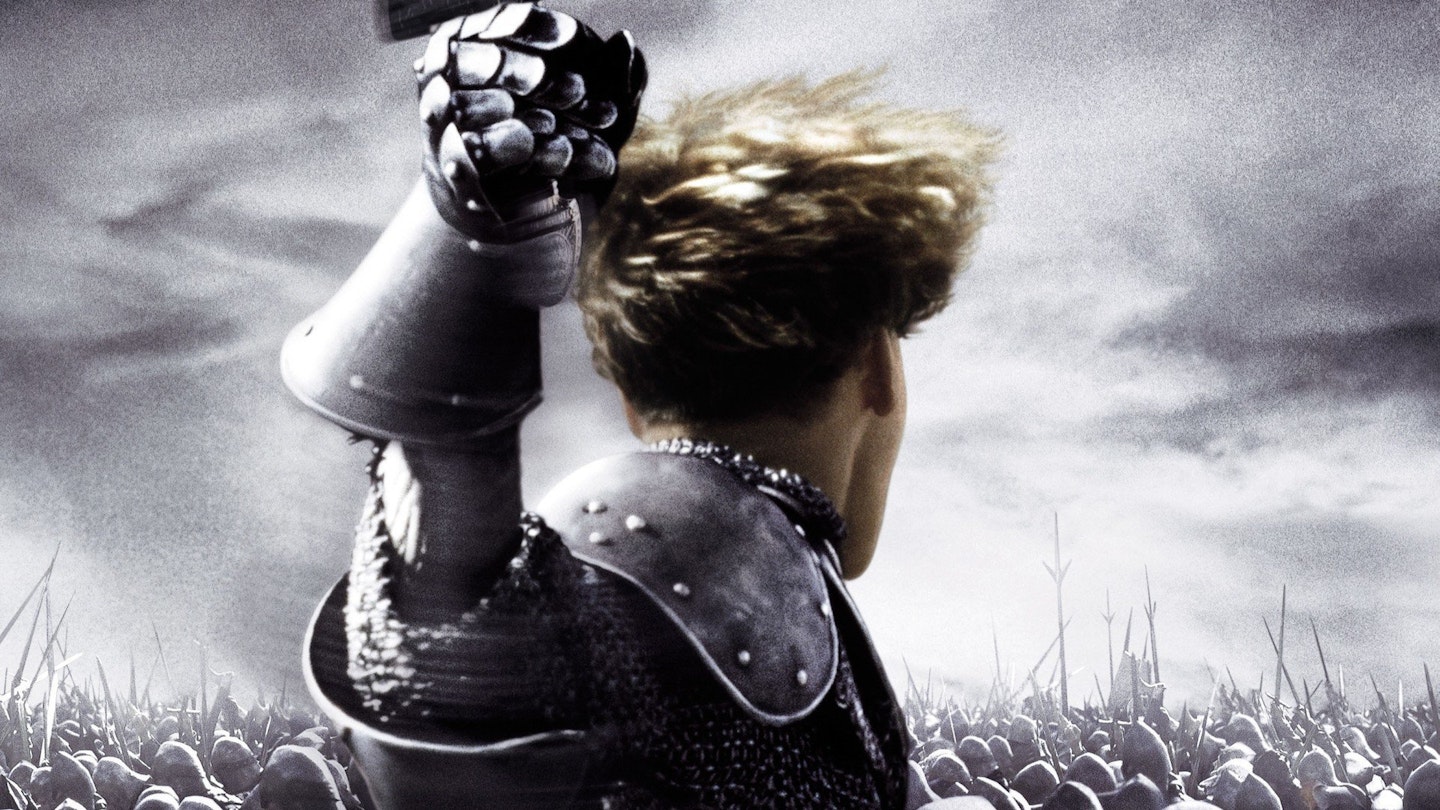High on bombast, low on subtlety, Luc Besson's character study of the iconic French saviour/nutter (delete where applicable) was never going to be an exercise in nuance and profundity. So why the American press ran it so ragged remains somewhat of a mystery; for while it does have some misjudged moments and - quelle surprise - a lack of genuine substance, it is glorious, intoxicating, intermittently powerful fun. Besson perfectly invokes the 15th-century world, then explores it with all the flair and eye candy he last reserved for a futuristic New York.
The film traces Joan's ascendancy from peasant girl (supposedly infused with "His" will), to leading the French army into battle at Orleans, to subsequently being put on trial for heresy and sorcery, but Jovovich struggles to find the requisite depth. While she more than cuts it as a short-haired banshee battling the (stereotypically oafish) British, she never looks believable portraying a character wrestling with the responsibility of undertaking God's bidding, coming across more like a petulant school kid than a tortured soul. As if to counterbalance her inexperience, Besson rounds the cast out with heavyweights: the eminently regal Malkovich as the Dauphin, who abuses Jean's loyalty for political gain; an under-used Faye Dunaway as a scheming royal; and a black-clad Hoffman, who is used to bold effect as Joan's conscience.
But, as ever, the real star of a Luc Besson film is Besson himself. Alternating stunningly surreal images - the opening scenes of Joan's early village life have a dream-like quality that kidnaps the breath - with the visceral virtousity and exhilaration of the war scenes, the French master is on great form. His creativity particularly extends to weaponry, which never skimps on the gore or invention: witness fantastic moments of soldiers being felled like skittles by giant cement balls rolled down olde worlde chutes. If the final burning at the stake set-piece feels rushed and small scale, it doesn't matter. Joan Of Arc may be cartoonlike, it may opt for crudity over complexity, but, at its best, it is moviemaking on the grandest scale, and for that it deserves high praise.
